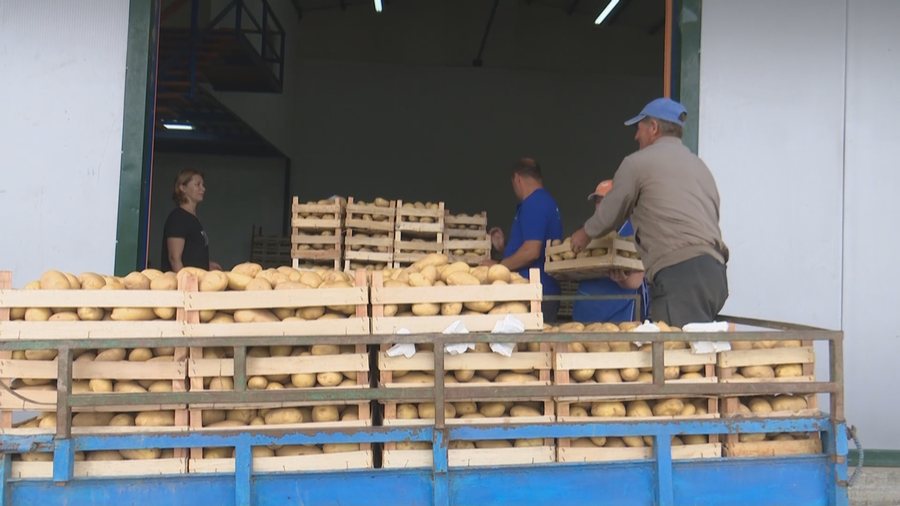
Albanian products are becoming more and more present in the European market, but the high level of pesticides in them still remains a problem. At the First National Forum for Standards and Quality, organized in cooperation with the United Nations Industrial Development Organization (UNIDO), Albania was called upon to increase control of the level of pesticides in exported products.
Ruth Huber, Switzerland's ambassador to Albania, said: "You cannot enter the European market without European standards. Albanian agriculture and exports have grown in the last decade. But, according to a report, some of the products were banned or rejected at the border. The reason is the non-fulfillment of the appropriate conditions for the high level of pesticides in products for which the quality and standard must be respected, as we are emphasizing in this forum".
The last case of exceeding the rate of pesticide use in food products was that of 20 tons of cucumber blocked by the National Food Authority (AKU). The Minister of Agriculture and Rural Development, Anila Denaj, acknowledged the problem for which she explained that there are high costs for Albanian farmers: "I want to emphasize the support that the Albanian government has given to biological warfare, it was mentioned a little while ago by the ambassador how important it is to fight with the right pesticides, but also be affordable in terms of costs for entrepreneurs. Therefore, in 2024, VAT will be zero for this entire category".
But, according to the exporters themselves, such cases occur as farmers continue to be without the proper support and incentive to increase the quality of the product, as their goal is only the quantity: "The need for more training, culture in terms of product standards, but it also comes from the lack of incentive policies to work towards organic, standard agriculture, which has costs for the Albanian farmer. It can't be only the farmer, but the government can also help".
Worrying, according to experts, is the use of these uncontrolled products even for the domestic consumption of the country.
According to the data of the Ministry of Agriculture, this consumption in the first 8 months of the year reached 650 million dollars, with an 8% increase compared to the same period of the previous year. (A2 Televizion)











